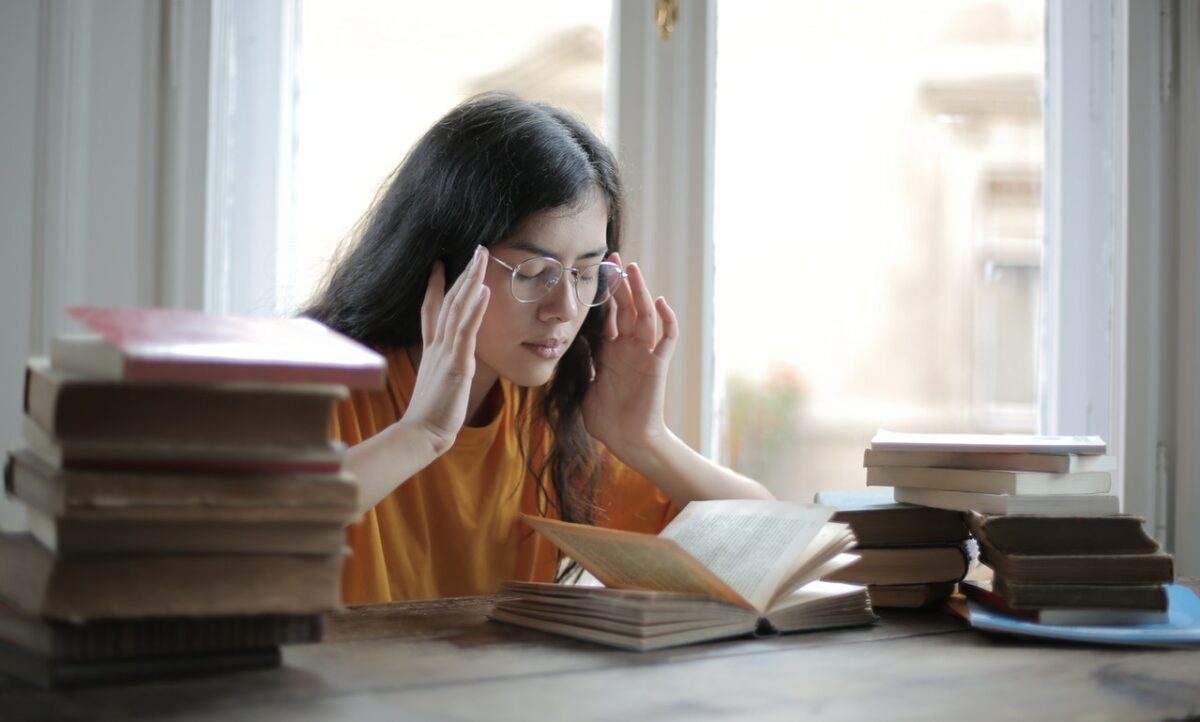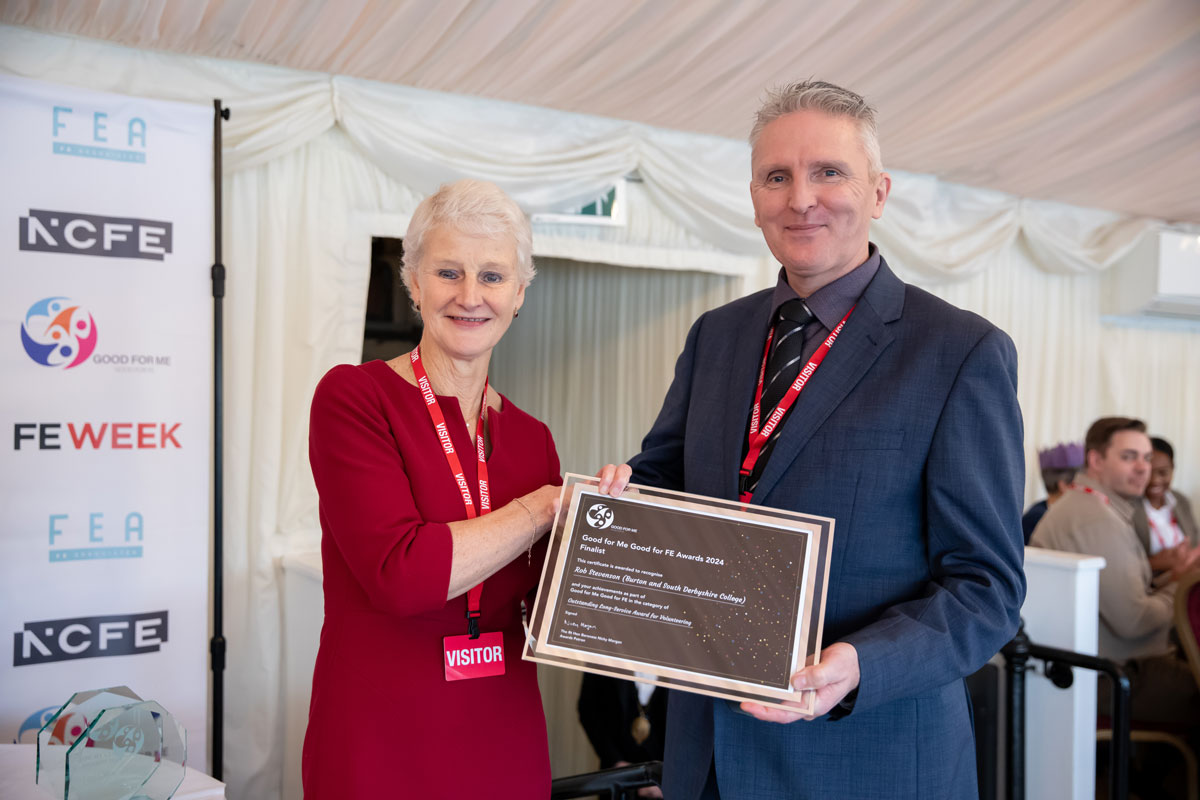University of Kent’s Institute of Cultural and Creative Industries announces new Research Fellows

The University of Kent’s Institute of Cultural and Creative Industries (iCCi) has announced the first five Fellows of its newly launched Research Fellows programme, which aims to promote interdisciplinary research and encourage community building and the development of new ways of working.
The Fellows will use the funding to extend and expand their research within the cultural and creative industries across projects spanning the exploration of human-machine creativity and the relationship between neuroscience and music, to accessible and inclusive arts, the role of culture and heritage in local regeneration, and browser-based books.
Professor Catherine Richardson, Director of iCCi, said:
‘We are delighted to launch this innovative programme to grow new work and our research culture around mutual areas of interest. We were overwhelmed by the range and quality of projects submitted and have had a very hard time choosing this inaugural cohort of Fellows. We are very much looking forward to welcoming them into our iCCi community and working with them to develop the next phase of their projects.’
The 2022-23 Fellows are:
Will Dutta
Artistic Director of Studio Will Dutta
Through the Fellowship Will intends to explore human-machine creativity with University staff and associate artists leading to new research, creative content and learning resources for artists working with artificial intelligence. This will feed into his forthcoming production, pleasure gardens, which weaves machine learning, big data analytical technologies and motion capture into a very relevant and timely story.
Jason Jones-Hall
Director of Development, Five10Twelve
This project will focus on the role of culture and heritage in local regeneration, place-based funding, policy initiatives and developing pride of place, particularly in relation to the Levelling Up agenda. This will build on Jason’s previous work through Five10Twelve analysing and mapping round one Levelling Up Fund data obtained through DLUHC, as well as exploring innovative approaches such as sentiment analysis and text mining of local planning data.
Mo Pietroni-Spenst
Freelance performance maker, producer, facilitator and researcher
Mo will deliver a slow conference in accessible, inclusive and disabled-led arts. The slow conference will include a blend of physical and virtual skills workshops, presentations, roundtable discussions and networking opportunities, demonstrating successful models of professional practice where disabled artists’ and participants’ wellbeing is intrinsic to high quality arts production.
Fernando Rosas
Postdoctoral Researcher, Department of Brain Sciences and Data Science Institute at Imperial College London; Centre for Eudaimonia and Human Flourishing, University of Oxford; Department of Informatics, University of Sussex
The goal of the project is to translate recent findings about the neuroscience of consciousness into music. Specifically, we will design and build a procedure to make music from brain scans of people undergoing different states of consciousness, including anaesthesia and psychedelics. Crucially, the resulting music will aim to communicate insights related to recent scientific findings about the fingerprints of brain activity that support conscious experience. This project will involve a multidisciplinary team combining neuroscientists and musicians.
He Sun
Visual Effects Supervisor and art director
During the Fellowship, He Sun will be working on The Cotswolds Mist project, to create a browser-based video fiction book. It involves narrative development and technology exploration. Technically, an AI software will be developed to assist human creatives by transferring a 2D concept art into a full 3D environment, then ingest into Unreal Engine to create the final moving images. This format of book replaces the traditional static illustration in picture books, providing more immersive experiences for the reader.











Responses